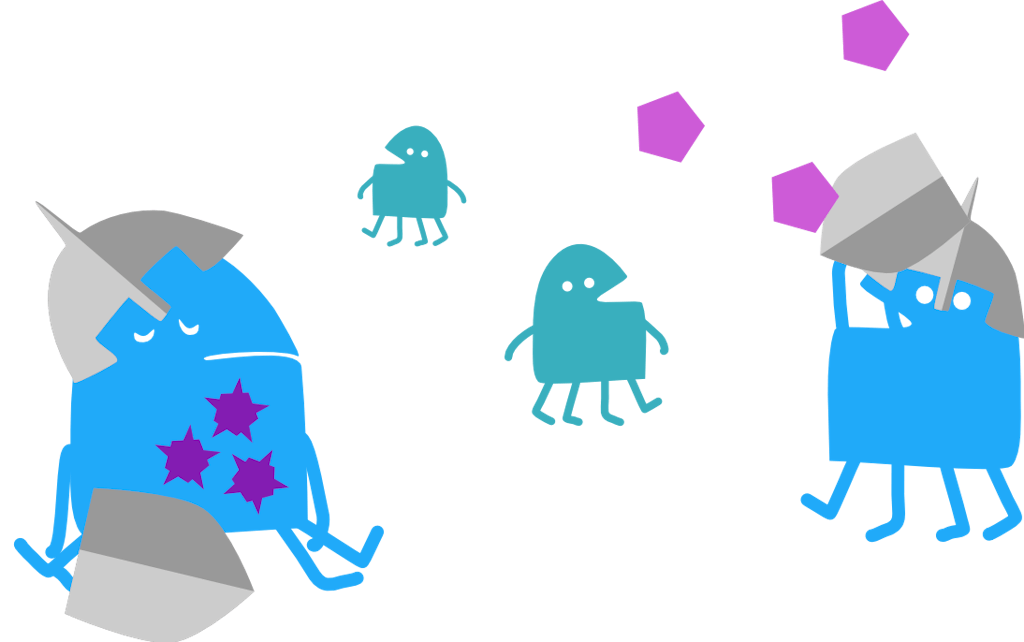I found evolution fascinating at school. It’s such a simple yet powerful process. Mathematics has always been my passion, so I pursued that at university. I never knew it was possible to combine the two until I saw a PhD advert from the Milner Centre for Evolution which captured my imagination.
Understanding how diseases spread
In light of the COVID-19 pandemic, it is more important than ever that we understand how diseases spread and evolve in age-structured populations, and how their hosts might evolve in return.
My research sits at the intersection between mathematics and biology. I apply mathematics to really interesting biological problems, such as finding new patterns in the evolution of hosts and pathogens.
Pathogens have evolved diverse infection strategies to exploit their hosts, and hosts have evolved a broad range of defence mechanisms to cope. This diversity can be described via different mathematical modelling techniques.

Evolution of immune responses
We know that organisms often have different responses to disease at different life stages (e.g. juvenile, adult, old-age). However, we don’t really know why these differences have evolved.
I use mathematical models to investigate what factors might influence, for example, whether juveniles or adults are more resistant to disease.
I generate predictions which can later be tested experimentally. Modelling means that I can vary the host and parasite traits and their environment far more easily than it can be done in an experiment. Model outcomes can also improve our understanding of the reasons behind empirical results.
Making sense of a complex future
I love working in a multi-disciplinary environment where I get to create mathematical models based on real, biological systems.
This way I can help further our understanding of the rules underlying nature. The mathematical models will likely continue to become more complex to capture more intricate community dynamics or to take advantage of new genomic data.
I hope to make the most of my PhD by carrying out the highest quality research I can. Following graduation, I would like to use my passion for mathematics and its biological and evolutionary applications to teach other university students.
The more I learn and discover, the more interesting it gets! Evolution and its applications are full of surprises – from learning about the evolution of many amazing species, to my own research finding new patterns in the evolution of hosts and pathogens.
More about Lydia’s research:
About Lydia’s first published article in the Journal of Evolutionary Biology